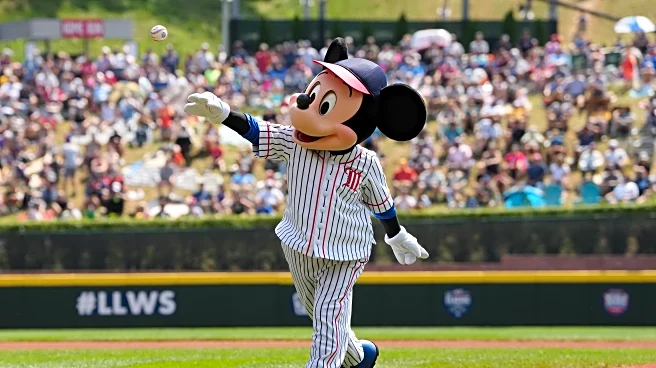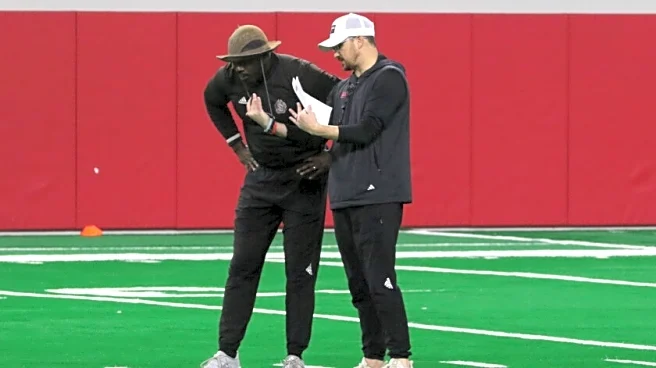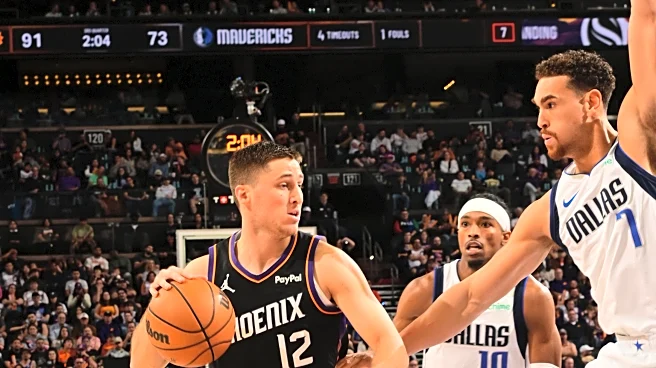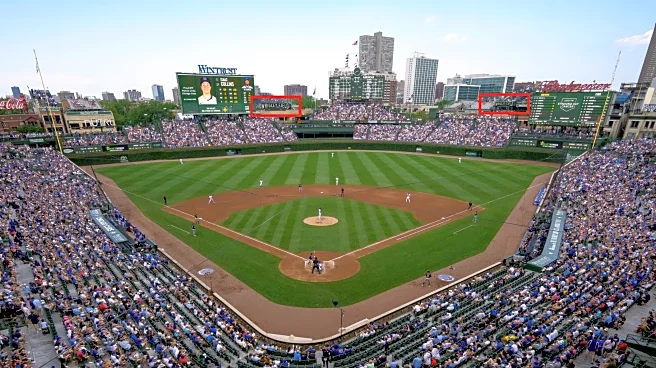ESPN is dead, long live ESPN.
There was a lot of worry that the self-proclaimed Worldwide Leader in Sports was being lapped by competition a couple years ago, right around the same time the Walt Disney
Company itself went into a rare down cycle. ESPN was seen as fatty, overloaded, and with a lack of real programming aside from live sports and documentaries — 19 or so hours of the day was empty calories.
Whether that’s still true or not from a viewing experience is up to you, but ESPN is back on top of the broadcast business. They opted out of the remainder of their deal with MLB earlier this year, only to be on the cusp of a brand-new deal with the league, specifically a $450 million license for MLB.tv, for my money still the best sports streamer. This comes on the heels of similar deals with the NFL and TKO, the parent company of the UFC and WWE. ESPN also won broadcast rights for five different MLB clubs, four of whom — Arizona, Cleveland, San Diego and Minnesota — all lost their primary broadcast partner in the Bally Sports debacle…or ballyhoo, I suppose.
Of course, ESPN isn’t the only broadcaster to be close to a new rights deal with MLB. NBC seems poised to take over Sunday Night Baseball and the Wild Card round of the playoffs, for $200 million a year, with the Home Run Derby rights sold to Netflix for $50 million.
Now you could get this from any one of the dozen or so articles printed in the last four days, like say this one. What’s more important is why the league decided this was the time for these kind of agreements, and why the terms of the deals are three years, not longer.
First and foremost, it seems the large broadcasters have finally reached the limit on carriage fees — those small subscriptions baked into your cable package for channels you’ve never watched, but still pay two or three bucks every month for. Those fees were the lifeblood of cable broadcasting, incredibly cheap programming that could subsidize the fairly expensive process of producing live television.
The “cutting the cord” metaphor has been around for a while, but I think the majority of losses on the cable front are people not opting in in the first place. I moved out of my parent’s house at 21, a full 10 years ago, and I’ve never paid a cable bill. Even the streaming subscriptions I do have come at a lesser cost than what my parents still pay to Rogers every month. Now that I’m 31 and living on my own, the idea of cable is kind of like learning Latin (sorry, John). Sure, I could, but why?
ESPN, NBC and the like have known for a while they would have to get into the streaming game, and this seems to be their first major play. That this deal, along with the NFL and TKO agreements, come as ESPN launches its own direct to consumer (DTC) streamer, shows what a focus this has been for the big Mouse — side note, if anyone has used the DTC platform, feel free to email me with a review!
For MLB’s part, there was a need for stabilization after the Diamond Sports Group restructuring. The league had to undertake broadcasting the most disaffected clubs, and for all the monetary success sports betting has been, I can’t help but think that “FanDuel Sports Network” wasn’t exactly the first choice of branding for the networks that did get picked up. ESPN and NBC are much more recognizable, stable brands, and I do think there’s some cultural backlash coming to ALL THE BETTING, so getting yourself as clear as you can from that the better. (There are still FanDuel networks operating under that brand, mostly through the Midwest and Southeast, with a good deal of that focus on college broadcasts),
Most important of all though, is the term. Three years means these deals, all running concurrently, expire at the end of the 2028 season. That timing is not a coincidence, nor is the fact that MLB is actually netting less money than the original ESPN deal. This trio of new contracts instead acts as a hammer for CBA negotiations.
The current collective agreement expires at the end of next season, the 2026 campaign. The central fight will be over a salary cap, or cap-and-floor system. There’s no need to really dive into any one of these media contracts alone, they act together for the benefit of the league. Rob Manfred can stroll to a podium, or more likely whisper in a national writer’s ear, that the league is concerned about partnership stability. We only have these partners for two more years. We have to keep all three happy — what happens if ESPN and Netflix are interested in continuing their deals, but NBC’s not?
Losing a full year of games means a full third of the rights deals is gone, as opposed to 20 percent or 15 percent should the league have agreed to more common five or six year deals, the original seven-year contract ESPN agreed to, or the ten-year agreements TKO has been able to ink. Then again, TKO doesn’t have a union to fight every few years. Every single decision MLB makes over the next 16 months will be focused on losing as few 2027 games as possible, while lowering net payroll costs as much as possible.
As we move closer to a likely lockout, I wanna stress that net payroll point. I actually don’t think MLB cares about the Dodgers and the Yankees and the Mets spending what they’re spending — in fact I think Rob Manfred likes having a couple premier teams running premier payrolls. It gives massive amounts of cloud cover to the Tigers, to the Brewers, to the Nationals, clubs that have spent before and would benefit significantly from One Big Guy, but can step back and say “man it’s too bad the Dodgers are outspending everyone”.
Over the last 5 seasons, cumulative MLB salary has risen just over 30 percent. Stop me if you’ve heard this before, but most of those gains especially in the last 12 months have been from the biggest names:

For at least one season, MLB has managed to arrest what “competitive” spending looks like. At least part of that is driven by uncertainty in the regional sports network space. While this trio of new media deals offers a little bit of security, those critical three-year terms give MLB a powerful bargaining chip in labor discussions.
As the league looks toward expansion, and indeed tries to figure out the futures of the Rays, A’s and Twins, new entrants into this controlled market will care about net payroll. The hypothetical owner of the Nashville Nasties won’t be expected to run a Mets-level payroll, but instead to be competitive with their (in all likelihood, his) spending. Lowering net payroll makes that less of a burden.
I’m not the type to yell “it’s a distraction!” when it comes to news like this. MLB is facing the same problem many corporate entities do — how to ensure long-term stability while keeping short-term profits up. These deals help with the latter piece, but they’re much more a strategic play for the former.











